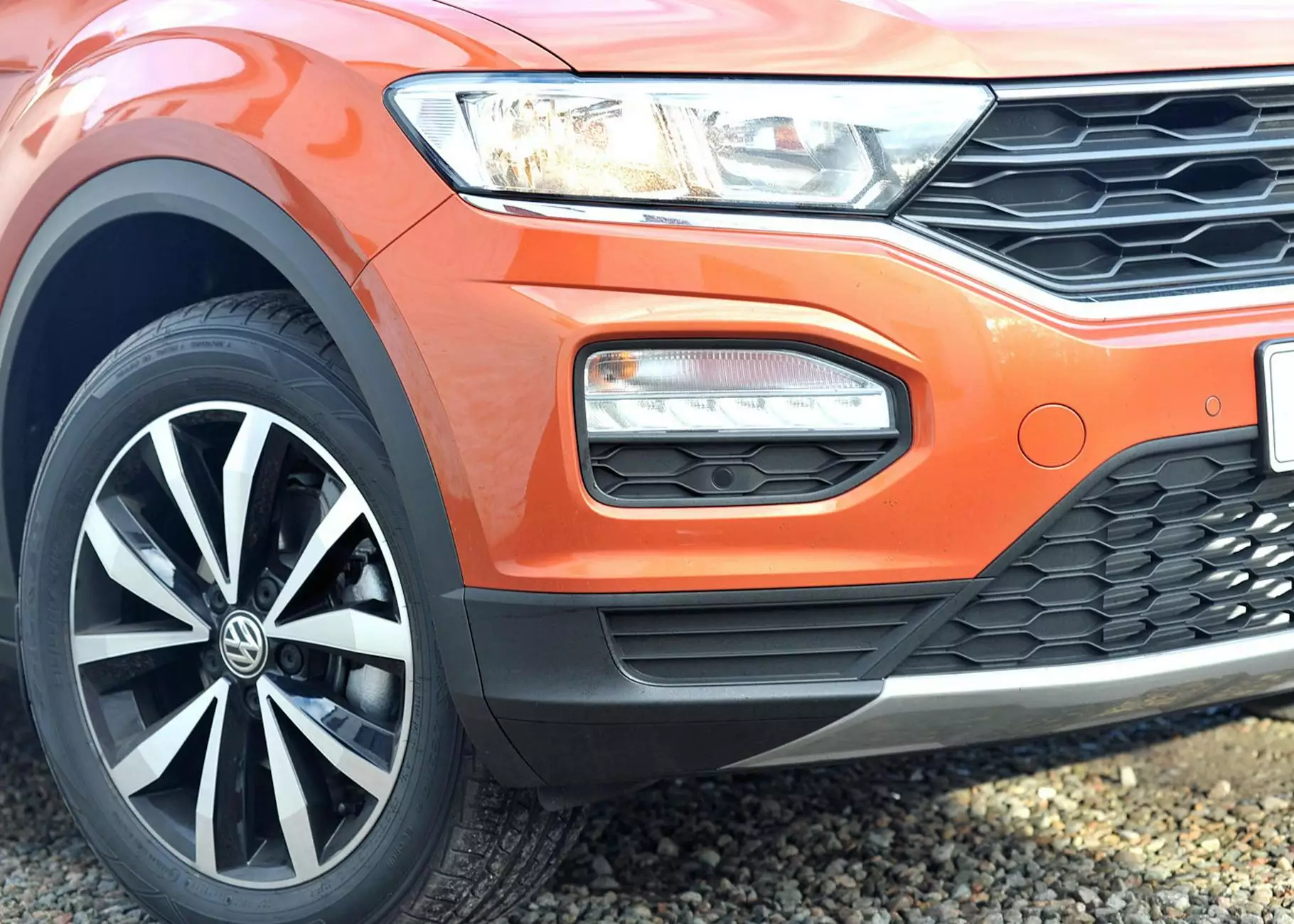Understanding the Swiss Drivers License: A Comprehensive Guide

The Swiss drivers license is a vital document for anyone looking to navigate the scenic roads of Switzerland. Whether you are a resident or a tourist, understanding its significance, the process of obtaining it, and the benefits it offers is essential. In this article, we will delve into the specifics of the Swiss drivers license, exploring its importance in the rich tapestry of Swiss culture and society.
What is the Swiss Drivers License?
The Swiss drivers license, known as the Schweizer Führerschein in Swiss German, the permis de conduire suisse in French, and the patente di guida svizzera in Italian, is an official document that permits an individual to drive motor vehicles in Switzerland. This document is not only a legal requirement but also a symbol of compliance with Swiss driving laws and safety regulations.
Importance of the Swiss Drivers License
Having a Swiss drivers license is crucial for various reasons:
- Legal Compliance: Driving in Switzerland without a valid license can result in severe penalties, including fines and legal action.
- Safety Standards: Obtaining this license ensures that drivers are educated on safety protocols and regulations, contributing to overall road safety in the country.
- Accessibility: A valid license allows individuals to access remote areas of Switzerland that are best explored by car, enhancing their travel experience.
- Employment Opportunities: For many jobs, especially those in logistics, delivery, or transportation, having a Swiss drivers license is a mandatory requirement.
The Process of Obtaining a Swiss Drivers License
Acquiring a Swiss drivers license involves a stringent process designed to ensure that all drivers meet safety and competency standards. Below we outline the steps involved:
1. Eligibility Criteria
Before you can apply for a Swiss drivers license, it’s essential to meet several eligibility criteria:
- You must be at least 18 years old.
- You need to possess a valid identity document (passport or national ID).
- You should have a valid residence permit if you are not a Swiss citizen.
2. Enrolling in a Driving School
To prepare for the driving test, you must enroll in a recognized driving school in Switzerland. Here’s how to proceed:
- Select a driving school in your canton.
- Complete the mandatory theory and driving lessons.
- Practice on various terrains – cities, highways, and rural roads.
3. Theory Exam
After your lessons, you must pass a theory exam that covers Swiss traffic rules, regulations, and safe driving practices. This step is crucial, as it ensures that you are knowledgeable about road safety.
4. Practical Driving Test
Once you have successfully passed the theory exam, the next step is the practical driving test. Here’s what to expect:
- You will be assessed on your driving skills, including maneuvering, parking, and adherence to traffic rules.
- The test usually lasts about 45 minutes and involves driving with an official examiner.
- Passing this test is essential to obtain your Swiss drivers license.
Types of Swiss Drivers Licenses
There are various classes of Swiss drivers licenses, each allowing drivers to operate different types of vehicles:
- Category A: Motorcycles
- Category B: Cars and light vans
- Category C: Heavy goods vehicles
- Category D: Buses
- Category E: Vehicle combinations (truck and trailer)
What to Do if You Already Have a Foreign License?
If you possess a valid foreign driving license, you may be allowed to drive in Switzerland for a limited time. However, it is essential to:
- Check the duration of validity for foreign licenses in Switzerland.
- Consider exchanging your foreign license for a Swiss drivers license if you plan to stay long-term.
Benefits of Having a Swiss Drivers License
Obtaining a Swiss drivers license offers numerous benefits that enhance your living or travel experience in Switzerland:
- Freedom of Movement: The ability to drive gives you the freedom to explore both urban and rural areas of Switzerland at your own pace.
- Increased Job Opportunities: Many professions require a driving license as a prerequisite, widening your employment prospects.
- Access to Scenic Routes: Switzerland is renowned for its breathtaking landscapes, and having a license enables you to enjoy scenic drives, such as the famous Swiss Alpine routes.
Conclusion
The Swiss drivers license is more than just a legal requirement; it represents a commitment to safety, responsibility, and freedom on the road. Whether you are a resident or a visitor, understanding how to obtain and utilize this essential document can significantly enhance your experience in this beautiful country. If you are looking for reliable services regarding the Swiss drivers license and other documents, consider visiting registereddocumentseu.com for comprehensive support.









